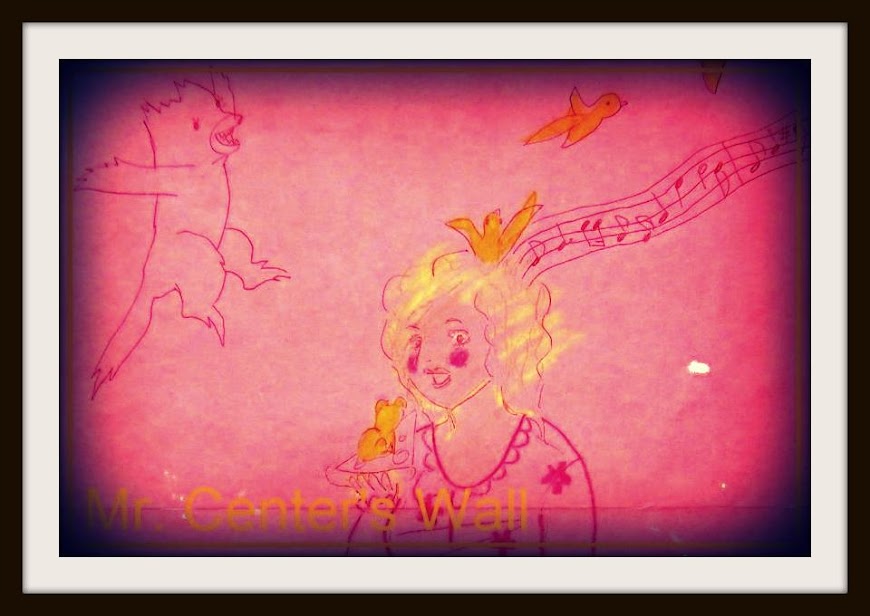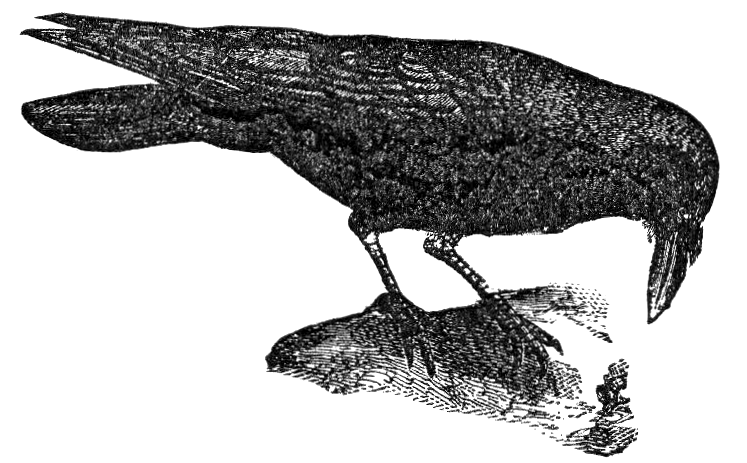Reading Questions
 |
| FH Townsend, (thanks Wikipedia) |
- After the first page or so, I have to ask, will Jane ever be satisfied? She's got an attitude of "Yeah, things are fine, but I'm still not really happy." Is "restlessness was in my nature" an adequate excuse? Or is her restlessness okay--right, even--and how does this play into the book's feminism as one of the themes of the book?
- Is there any significance to the seeming invisibility--at least as far as Jane is concerned--of the other inhabitants of the hall? These characters all have evident traits, certainly, but Grace has no physical feature "to which interest could attach;" Mrs. Fairfax, though kind, is entirely ordinary and unremarkable (redundancy intended); and Adele has "no great talents, no marked traits of character, no peculiar development of feeling or taste which raised her one inch above the ordinary level of childhood; but neither had she any deficiency or vice which sunk her below it," among further description.
- Another mention of ghost/spirit: "Gytrash." For my part, I love these little glimpses into local folklore. ...and the goblins....
- Of course, all the blandness of Thornfield could just be device to set up the manful beauty of Mr. Rochester. (Sheesh! That paragraph was like reading Stephenie Meyer!) Interesting to note as well: Bronte has already proven herself skilled at manipulating the voice of the narrator to reflect age and proclivity; how might this description be the voice of the mature Jane reflecting back on the past?
- "Like heath that in the wilderness, / The wild wind whirls away." This quotation comes from a Thomas Moore poem, "Fallen Is Thy Throne," included below.
- "Little things recall us to earth: the clock struck in the hall; that sufficed...."
- Go back to the "gytrash;" despite the dog, horse, and man not being some strange North-Briton ghoul, how indeed is Mr. Rochester a gytrash after all, as I can't imagine this isn't important.
Fallen Is Thy Throne
Thomas Moore
Fall'n is thy Throne, oh Israel!
Silence is o'er thy plains;
Thy dwellings all lie desolate,
Thy children weep in chains.
Where are the dews that fed thee
On Etham's barren shore?
That fire from Heaven which led thee,
Now lights thy path no more.
Lord! thou didst love Jerusalem -
Once she was all thy own;
Her love thy fairest heritage,
Her power thy glory's throne.
Till evil came, and blighted
Thy long-lov'd olive tree; -
And Salem's shrines were lighted
For other gods than Thee.
Then sunk the star of Solyma -
Then pass'd her glory's day,
Like heath that, in the wilderness,
The wild wind whirls away.
Silent and waste her bowers,
Where once the mighty trod,
And sunk those guilty towers,
While Baal reign'd as God.
"Go," - said the Lord - "Ye Conquerors!
Steep in her blood your swords,
And raze to earth her battlements,
For they are not the Lord's.
Till Zion's mournful daughter
O'er kindred bones shall tread,
And Hinnom's vale of slaughter
Shall hide but half her dead!"
Thy dwellings all lie desolate,
Thy children weep in chains.
Where are the dews that fed thee
On Etham's barren shore?
That fire from Heaven which led thee,
Now lights thy path no more.
Lord! thou didst love Jerusalem -
Once she was all thy own;
Her love thy fairest heritage,
Her power thy glory's throne.
Till evil came, and blighted
Thy long-lov'd olive tree; -
And Salem's shrines were lighted
For other gods than Thee.
Then sunk the star of Solyma -
Then pass'd her glory's day,
Like heath that, in the wilderness,
The wild wind whirls away.
Silent and waste her bowers,
Where once the mighty trod,
And sunk those guilty towers,
While Baal reign'd as God.
"Go," - said the Lord - "Ye Conquerors!
Steep in her blood your swords,
And raze to earth her battlements,
For they are not the Lord's.
Till Zion's mournful daughter
O'er kindred bones shall tread,
And Hinnom's vale of slaughter
Shall hide but half her dead!"
*
















